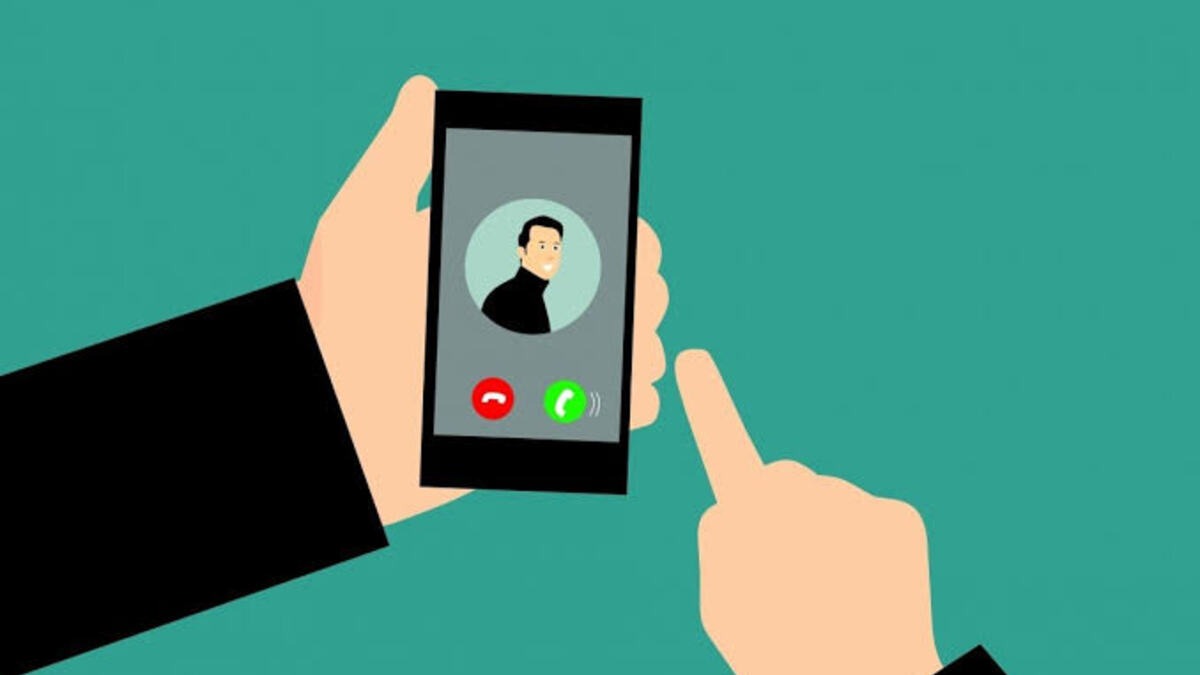Spam risk is the likelihood that a call will be marked as spam by a caller ID service. The Federal Communications Commission (FCC) recommends that consumers do not answer calls with a high spam risk. Call blocking services are available to help consumers reduce the number of unwanted calls they receive. The FCC also recommends that users file complaints about unwanted calls with the Federal Trade Commission (FTC).

This blog post will explain what spam risk is, why it appears, and how you can block unwanted calls. So, stay tuned as we get started!
What Is Spam Risk?
When it comes to spam calls, there are a few factors that contribute to what’s known as “spam risk.” This term is used to describe the likelihood that a call will be spam, based on certain characteristics.
Some of the things that can increase spam risk include having an international number, using a VoIP service, or calling from a region with a high rate of spam calls. Additionally, certain keywords in the caller ID or voicemail message can also indicate that a call is more likely to be spam.
Why Spam Risk Appears
Spam risk is the chance that a call will be marked as spam by a carrier or VoIP provider. The risk is increased if the call is made from a phone number that has been flagged as spam in the past, or if the call contains suspicious elements such as spoofed caller ID information.
How To Block Spam Risk Calls
If you’ve been getting a lot of calls from numbers with a Spam Risk label next to them, you may be wondering how you can stop these calls. Fortunately, there are a few steps you can take to block these calls.
First, you can add the number to your blocked callers list on your phone. This will prevent the caller from getting through to you.
You can also download a call blocker app like TrueCaller or Hiya. These apps will screen incoming calls and label them as spam if they match known spam numbers. This way, you can avoid taking unwanted calls altogether.
Finally, you can report the number to your phone carrier. They may be able to take action against the caller and help reduce the amount of spam calls you receive in the future.
Wrapping It Up
If you’ve been getting a lot of spam calls lately, you’re not alone. In fact, the problem has become so widespread that the FTC has taken notice and is now taking action to help users. Always be sure to never answer calls from unknown numbers and don’t give out personal information to anyone who calls you unsolicited. By taking these precautions, you can dramatically reduce the chances of getting unwanted spam calls.
